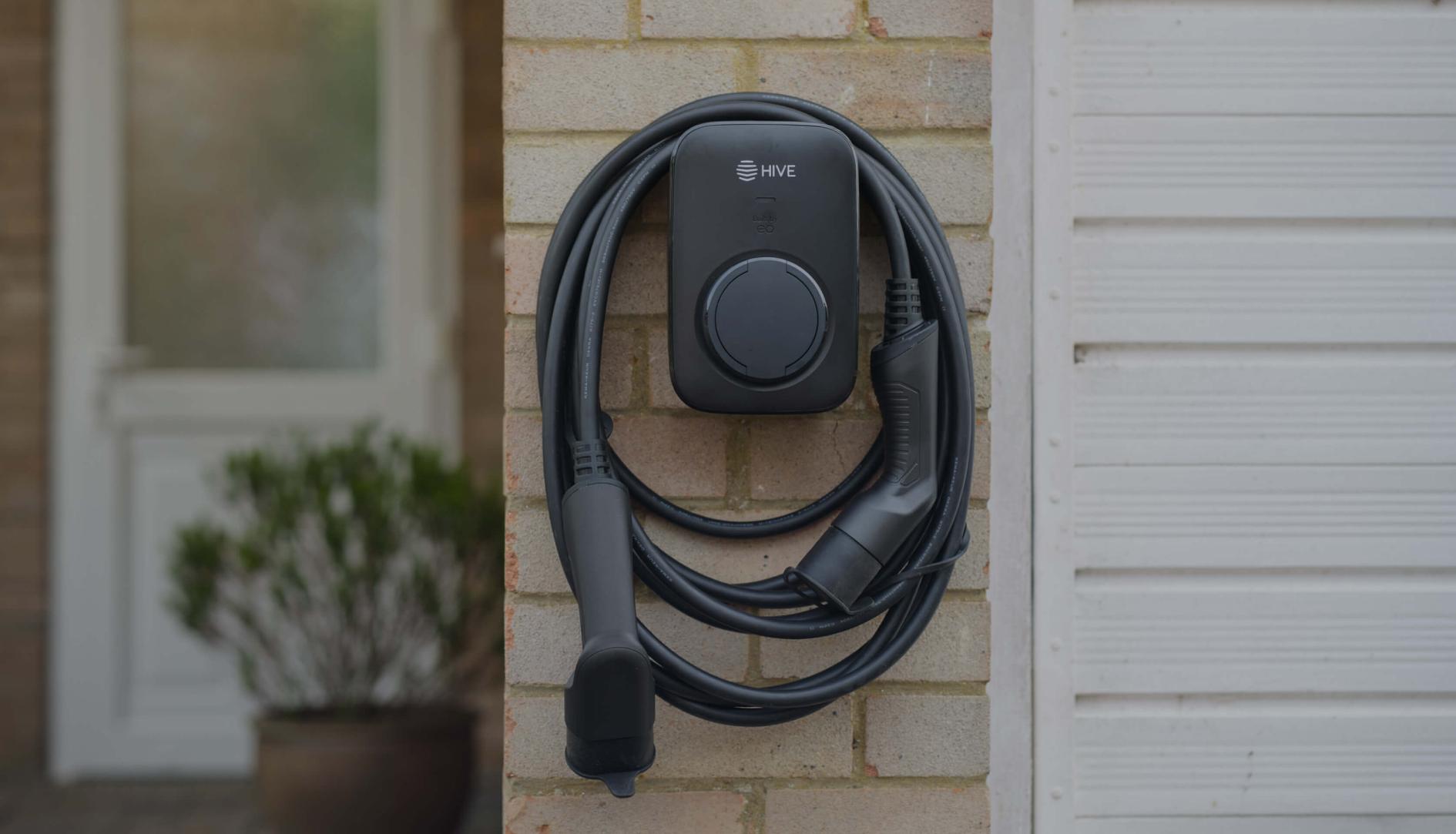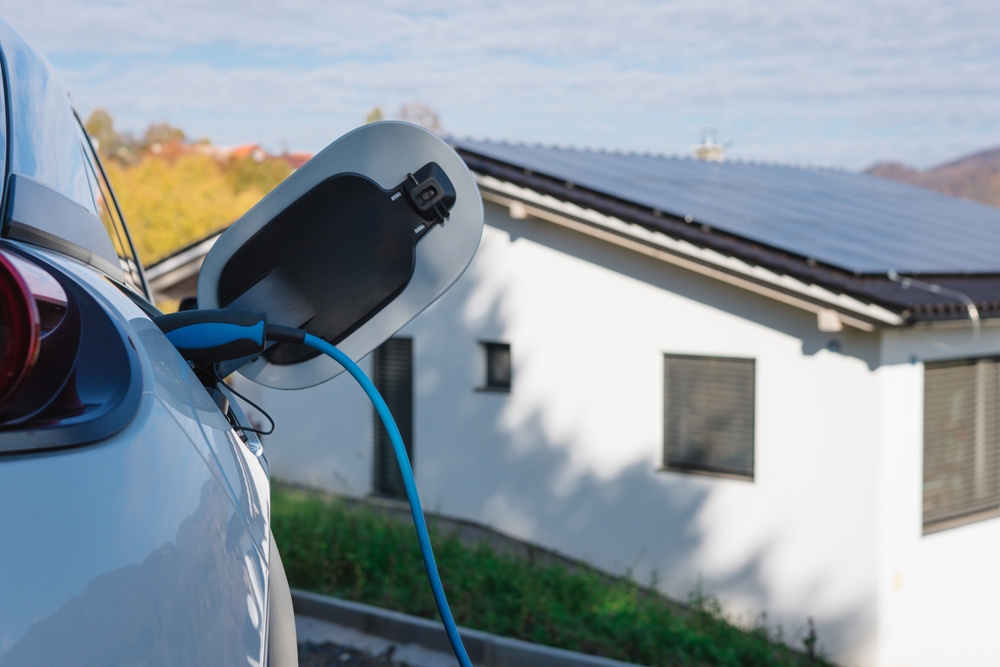If you are considering switching to an electric vehicle (EV), then you are most likely considering installing a charger in your home. Relying on the public charging network to keep your EV charged may not be the best solution, having a charger installed in your home will ensure you have convenient, reliable access to electricity. If you're considering installing an EV charger at home, here's a comprehensive guide, including information on available grants and other key considerations.
Why Install an EV Charger at Home?
Home charging provides a fast, convenient, and cost-effective way to keep your EV ready to go. With a home charger, you can charge overnight, taking advantage of lower electricity rates while avoiding the need to rely on public charging stations. Home chargers also charge faster than standard three-pin sockets, offering full charging overnight for most EVs.
EV Home Charger Installation Process in Ireland
Installing a home charger is a straightforward process but does require a certified electrician. Here’s a breakdown of the steps:
Step 1: Apply for the SEAI Home Charger Grant
To help offset the cost, the Sustainable Energy Authority of Ireland (SEAI) provides grants for installing home EV chargers. It's crucial to apply for this grant before installation. For more info about eligibility and to apply Click Here.
Note: Government grants will decrease on 31 December 2024 and are planned to reduce each year until 2030 - so now is the best time to get biggest savings.
Step 2: Book a survey from a certified installer
A professional will need to check to see if your home’s electrical system can handle the additional load. For a standard 7.4kW charger, you'll need a dedicated electrical circuit. In some cases, an upgrade to your home's electrical infrastructure may be required.
Step 3: Choose Your Charger
There are various brands and models of EV chargers available, with varying features, power outputs, and costs. Other considerations to be made will be:
- Compatibility with your EV.
- Smart Features for tracking usage, setting schedules, and potentially using solar power if you have panels.
- Charging Speed (typically 3.6kW to 22kW, with 7.4kW being common for homes).

You can book a quick and convenient callout by a trusted local tradesperson with Bord Gáis Energy, who will carry out a free survey on your home. They will then quote the installation of the newest Hive EV charger (EO Mini Pro 3). Click here to find out more.
Hive EV Charger EO Mini Pro Features include:
- 3 year Bord Gais Energy warranty
- Installed by vetted local tradespeople
- Small & stylish design
- Compact and ergonomic EV charging station, same size as an A5 notepad (230mm x 151mm x 125mm)
- Fast charging
- Charging capacity of 7.2kW (single-phase), perfect for overnight charging
- Fully compatible with all EVs and plug-in hybrids with a Type 1 or 2 connection. And can be paired with any energy tariff
- Solar Panel integration coming soon...
- Part of the Hive Home ecosystem
- Uses a built in SIM card and connects to the mobile network, no need for pairing with Wi-Fi
How much does it cost to charge an Electric Vehicle?
On average, an EV owner charges their EV approximately 80% of the time at home which may add up to 3,000 kWh or more to your electricity bill. If you’re driving your EV 17,500 km per year and sign up to our Smart EV plan, it’ll cost you approximately €180 annually (excluding your household electricity bills), i.e. approximately €1 per 100kms.
If you would like to find out more about EV rates from Bord Gáis Energy and the plans available Click Here.
Considerations for Apartment Dwellers and Renters
If you live in an apartment or rent your property, installing a charger might be more complex. In these cases, you may need to work with property management or landlords to gain permission and may have to cover additional installation costs for shared infrastructure. However, with the increasing popularity of EVs, more apartment complexes are now installing communal chargers, so it’s worth discussing with your building management.
Benefits of Installing a Home EV Charger
- Convenience: No more trips to public charging stations or long waits; plug in and charge at home.
- Cost Savings: Home electricity is generally cheaper than public charging, and using off-peak rates can further reduce costs.
- Increased Property Value: Homes with EV chargers may appeal more to buyers interested in sustainability.

Additional Tips for EV Charging at Home
- Optimize Charging Times: Many electricity providers in Ireland offer cheaper rates at night. Look into nighttime tariffs to maximize savings.
- Solar Integration: If you have solar panels, some chargers allow you to prioritize solar power for charging, which is both cost-effective and eco-friendly.
- Stay Informed on Regulations: EV regulations and incentives are evolving. SEAI and the Irish government regularly review EV incentives, so stay updated for potential changes in grants or tax benefits.